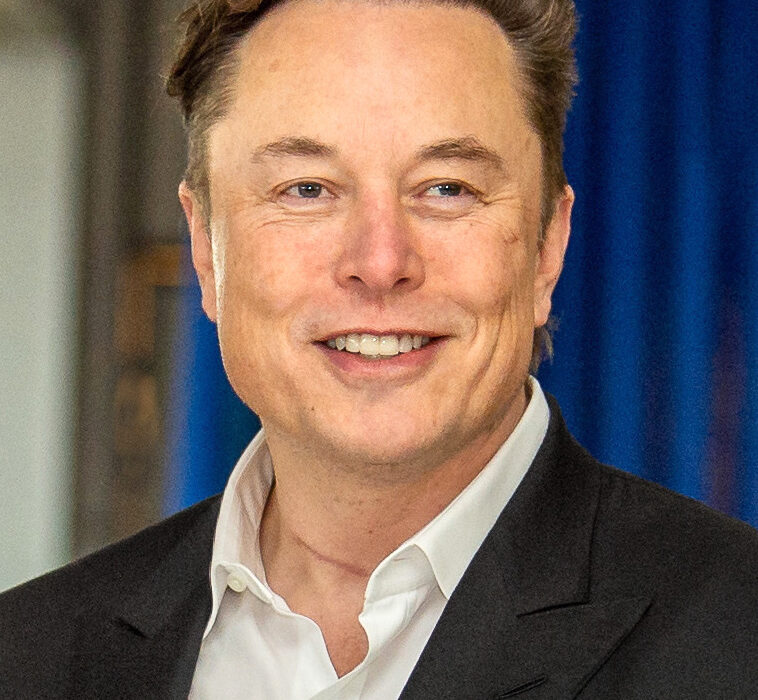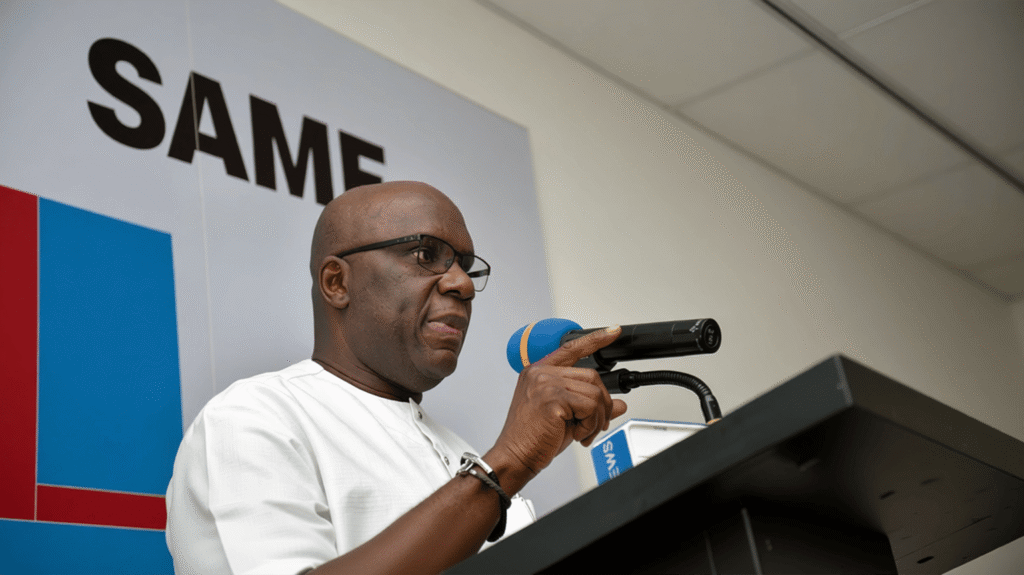Elon Musk Stokes Debate Over Shrinking Global Share of White Population

Elon Musk has reignited debate about global demographic shifts after tweeting that “white people are a rapidly diminishing minority of global population.”
The remark opened the door for users like RadioGenoa to respond: “In 1900 white population of world was 36%, today it is 8%.”
Sanusi Dantata chimed in: “Yes, because some people choose not to have as many babies as needed to keep their population growing!”
The story, in broad strokes, is one of massive global population growth concentrated in developing regions; in 1900, the global population stood at about 1.65 billion.
Today, according to the latest UN estimates, it is approximately 8.2 billion, regions traditionally associated with “white” populations, including Europe, North America, and parts of Latin America, have grown slowly or even declined in share.
Europe’s share of the global total peaked at nearly 28% in 1913 but has since declined to around 9% today, with projections expecting a fall to 7% by 2050.
These trends reflect sharply divergent birth rates and population momentum: Africa and Asia continue to grow rapidly, while Europe ages and stabilizes.
Though exact figures for the global “white” population vary by definition and methodology, the general trend lines up with Musk’s claim: the demographic footprint of populations typically categorized as “white” is shrinking as a percentage of the world total.
However, caution is needed: different countries and researchers define “white” differently, and contemporary global estimates range widely, typically between 7% and 16%. Still, most projections align with the downward trajectory Musk highlighted.
Population shifts are driven by several key factors: fertility rates; while Europe and other high-income regions continue to have sub-replacement fertility, parts of Africa and Asia maintain higher rates, population momentum; even with falling birth rates, large existing younger populations in developing regions generate continued growth, aging populations; europe is witnessing a significant elderly demographic; projections estimate that by 2050, 30% of Europeans will be aged 65 or older.
This is not the first time Musk has alarmed netizens by framing demographic trends as existential threats. He has previously warned of “population collapse” in countries like Japan, Italy, and South Korea, concerns tied to declining fertility and fast aging.
Responses to Musk’s remarks were split: some users shared historical stats like the 36% vs. 8% figure to underscore the shrinking share, others dismissed racial framing as dangerous and oversimplified. Some pushed for deeper conversations on fertility policies, migration, economic implications, or cultural change.
This conversation echoes global concerns about demographic balance, economic growth, migration pressures, and cultural identity.
Elon Musk’s statement may be blunt, but the data show a clear trend: the global demographic balance is shifting, with the proportion of people from regions historically classified as “white” declining relative to the world population.
While precise figures vary, the underlying trajectory is well supported by reputable demographic data.
The broader question remains: how should policymakers and societies respond to these tectonic shifts?









